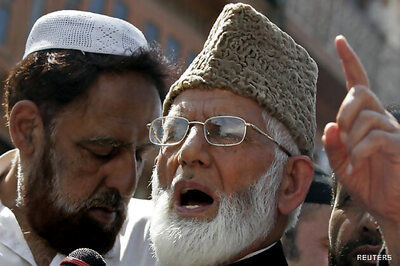
views
In law, if by certain utterances a huge outrage is caused in a community, there are cries to resort to violence or public order is affected, the law shall prosecute the individual for hate speech. It does not matter if the speech was substantially correct, historically backed, or had reasonable basis to it.
Across the world, the test as to whether public disorder has been disrupted or not has been criticised. It is argued that the minority communities are not able to vociferously put their views across against the majority and hence, the public disorder test is insufficient. It is argued that hate speech leads to divisions within society and can foster discriminatory attitudes. Should speech, substantially qualifying to be hate speech, be tolerated just because it has not led to violence or disrupted public order?
The Indian penal code under Section 295A penalises ‘deliberate and malicious acts, intended to outrage religious feelings of any class by insulting its religion or religious beliefs’. Section 298 IPC penalises ‘uttering, words, etc, with deliberate intent to wound the religious feelings of any person’. Section 505(1) and (2) IPC penalise publication or circulation of any statement, rumour or report causing public mischief and enmity, hatred or ill-will between classes. Public statements made by Udhayanidhi Stalin and other DMK leaders prima facie amount to hate speech and should be prosecuted.
In an increasingly globalised and intolerant world, often tolerance is seen as a weakness and not virtue. Few religions have been the subject of such intense debate and reforms like Sanatana. The Indian Constitution forbids discrimination based on caste and gender. It specifically outlawed untouchability and granted equal fundamental rights to all citizens. Any interpretation of Sanatana Dharma that seems to support discrimination based on caste is legally redundant.
India, in its constitutional evolution, took that leap during the process of drafting of the Indian Constitution. It is indeed true that legal equality is yet to fully translate as social equality. But the debate on what a supposed version of Manu Smriti said, or any other Hindu text said, is not legally relevant anymore. The Constituent Assembly led by Dr Ambedkar and largely composed of persons from majority community took a position against caste discrimination and other social evils.
It’s rather fascinating that artificial distinction is being created between the words Sanatana and Hinduism. Both might have different etymological origins but represent the same faith. I must further clarify that Supreme Court has not given any judgment on whether Hinduism qualifies as a religion or not. In an intriguing discussion over the vast expanse of Hinduism, the court observed that it seems that Hinduism is more a way of life. Legally, constitutionally, and statutorily, Hinduism is a religion. Anyone citing the authority of the Supreme Court to argue otherwise is convoluting the argument.
In a country with an overwhelming majority of Hindus, one can show Goddess Kali as smoking and compare Santana to dengue and malaria. It is the strength of the majority faith that such attacks are tackled in debates and arguments and not in street violence. But law should not deal with instances of hate speech vis-à-vis the misplaced sensitivities of a particular community. The ability to get offended easily and violently should not be incentivised in law and the virtue of tolerance should not have social and legal disincentive.

















Comments
0 comment